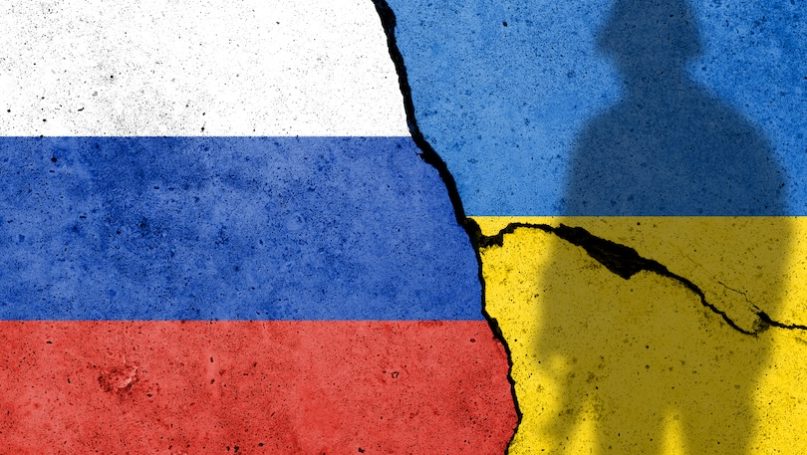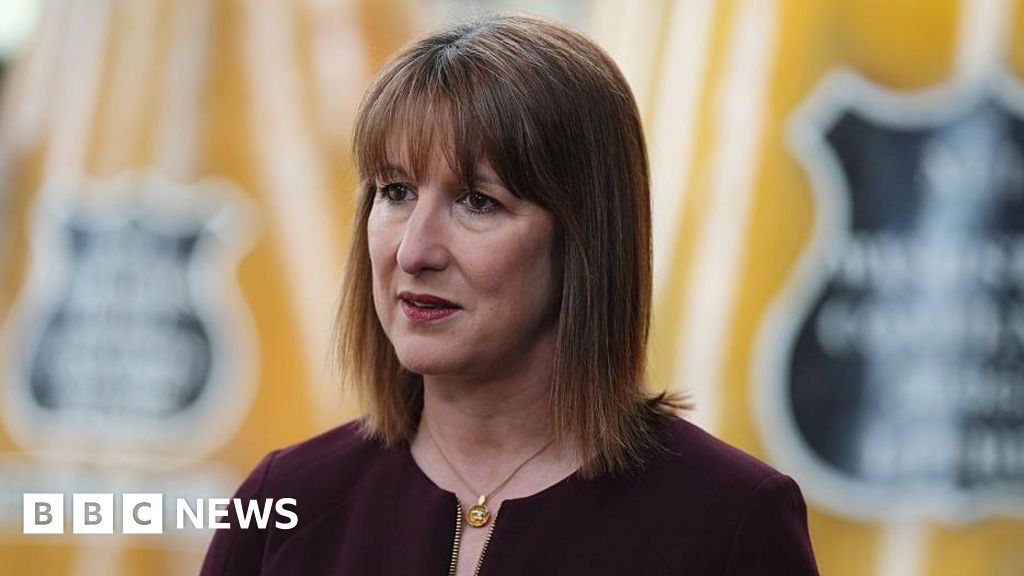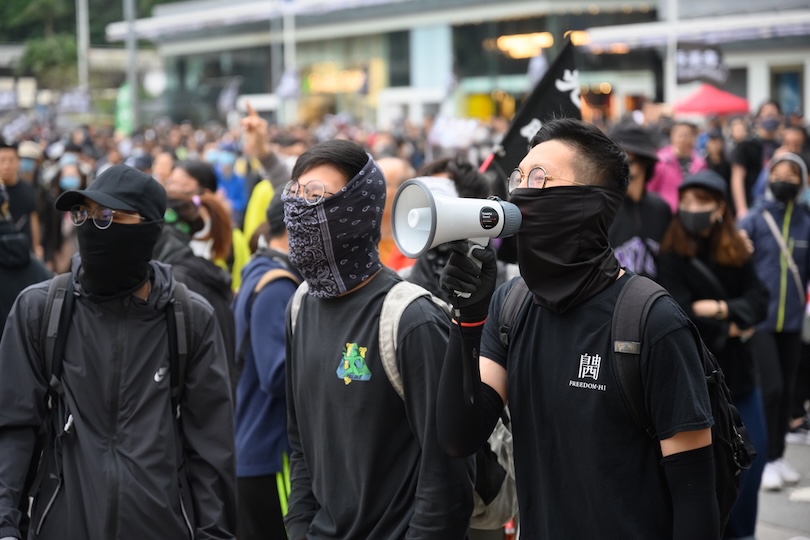
Tomas Ragina/Shutterstock
The ongoing Russo-Ukrainian war has sparked global debates about what a just peace might entail. Ukrainian President Volodymyr Zelenskyy emphasizes a ‘just peace’ that includes the restoration of Ukraine’s sovereignty and reparations from Russia. Other proposals—ranging from freezing battle lines to territorial concessions—reflect competing visions of resolution. But what does justice require after such a conflict? Jus post bellum, a Just War theory concept that deals with the morality of ending wars, establishes a framework for building peace that addresses both immediate needs and long-term stability. This article will review the application of jus post bellum to the Russo-Ukrainian war and outline the ideal-case peace to end it justly.
The ultimate goal of a just war is to re-establish peace, but it does not mean restoring the prewar status quo. As Michael Walzer explains in his chapter in Ethics Beyond War’s End, those were the exact conditions that brought the conflict and allowed the aggressor to wage war. Thus, a more secure and just state of affairs is needed than the one that existed prior to the war. Ukraine is fighting a just defensive war respecting the jus in bello principles, while Russia violated international law by invading Ukraine with its military committing war crimes against Ukrainians, making any Russia-proposed peace not only unjust but also false, setting the ground for further aggression.
In his book, The Morality of War, which is regarded as one of the most comprehensive works on just war, Brian Orend defined a thin theory of post-war justice consisting of six main points: publicly declared peace terms, exchange of POWs, war crime trials, official apology for aggression, giving up all war gains, and demilitarization. While the first three points are relatively straightforward as the terms of the peace agreement should be announced to the citizens of both nations and the international community, POWs should be returned home, and Russian officials, including senior political and military leadership, should face trial for war crimes and crimes against humanity, the latter three points are more complicated.
As the legal successor of the USSR, Russia has never apologized to any of the countries it occupied for the crimes and devastation inflicted during that period. Ukrainians suffered much during the soviet occupation in the twentieth century, most notably the Holodomor genocide, followed by the Russian hybrid warfare and subsequent full-scale invasion in the twenty-first century. The Russian government and scientific community have been actively denying these crimes, making any apology a necessary but unprecedented step toward reconciliation.
An official apology from an after-war post-Putin Russian government would mark a new step toward Russian decolonization and post-imperialism. Asking for forgiveness on behalf of the Russian nation for all crimes including those committed during the soviet occupation is the only path to potential reconciliation. However, similar to Chancellor Adenauer’s speech asking forgiveness for the crimes of Nazi Germany, this should be just a start for further cooperation to condemn Russian actions and uncover the truth about the crimes committed.
According to Orend, to establish a just peace, an aggressor should return all unjust war gains. In the case of Russia, this would constitute a return of all Ukrainian territories occupied after 2014, including Crimea. The annexation of Crimea marked a turning point in the dissolution of international law. The after-war Russian state cannot be reintegrated into the global community without adhering to the norms of international politics. This means that Russia will need to undergo a constitutional amendment to reject its claims on sovereign Ukrainian territories and respect Ukraine’s internationally recognized borders.
Demilitarization is essential to ensuring that the aggression will not be repeated. Demilitarization is essential to ensuring that aggression is not repeated. While reducing Russia’s offensive military capabilities is critical, particular attention must be paid to its nuclear weapons, which have underpinned its aggressive foreign policy. Russian nuclear arsenal was a driving force for its imperialism providing Russia with a self-imposed carte balance in international affairs. In the same way, Ukraine, Belarus, and Kazakhstan were conditioned to give up their nuclear weapons after the collapse of the USSR in return for international recognition, the future after-war Russian government should be forced to gradually dispose of its nuclear capabilities. Orend argues that the possession of WMDs requires a stable recent history of non-aggression – a standard that Russia has clearly violated. By violating peace, an aggressor proved to be incapable of handling the responsibility of possessing WMDs, which makes it too risky to let Russia keep them.
Once a thin post-war justice is established, Orend argues that the peace-establishers, or Ukraine and the West, face a choice between retribution and rehabilitation. Should Russia be further punished by paying reparations and facing sanctions, or should it be reintegrated? The total costs of reconstruction and recovery in Ukraine amount to $486 billion, excluding debts incurred during the war, human suffering, and lost economic potential. An aggressor is responsible for reimbursing those costs according to jus post bellum, which is not seen as a punishment but a duty of an aggressor. Various strategies have been developed to force Russia to pay reparations, mostly focusing on seizing frozen Russian assets. While it is an important first step, further mechanism much be implemented to ensure Russian financial responsibility for rebuilding Ukraine and compensating for the atrocities committed.
The establishment of a new post-Putin Russian government might set the ground for reintegrating Russia into global society and a gradual lifting of sanctions, given that it is a democratic regime that adheres to the thin post-war justice principles. The West can consider re-establishing relations with Russia which makes a step toward reconciliation and accepts the necessary restrictions to prevent future aggression. Nevertheless, a Russian regime rejecting the peace principles or an unjust war ending such as a cease-fire agreement would justify prolonging and introducing new sanctions and embargos. It will be a moral duty of the West to keep the restrictions on Russia to keep it from continuing its aggression.
Overall, the comprehensive jus post bellum does not look feasible for the Russo-Ukrainian war as Russia is determined to fight till the end and the West is reluctant to make decisive decisions looking for quick peace. As new proposals for resolving the war arise, it is crucial to have a guide to what a true just peace looks like. Prisoner release, war crime trials, an official apology, return of territories, reparations, and demilitarization are essential for jus post bellum. Anything short of that will constitute an unjust peace that might bring new conflicts in the future.
Further Reading on E-International Relations
About The Author(s)
Nazar Syvak is a doctoral fellow and a Ph.D. candidate at Regent University. His research focuses on Ukraine and broader Central and Eastern Europe, hybrid warfare, operations in the information environment, and competition below the threshold of war.
Before you download your free e-book, please consider donating to support open access publishing.
E-IR is an independent non-profit publisher run by an all volunteer team. Your donations allow us to invest in new open access titles and pay our bandwidth bills to ensure we keep our existing titles free to view. Any amount, in any currency, is appreciated. Many thanks!
Donations are voluntary and not required to download the e-book - your link to download is below.

 Movie
Movie 3 months ago
96
3 months ago
96 






![Presidents Day Weekend Car Sales [2021 Edition] Presidents Day Weekend Car Sales [2021 Edition]](https://www.findthebestcarprice.com/wp-content/uploads/Presidents-Day-Weekend-car-sales.jpg)



 English (United States)
English (United States)